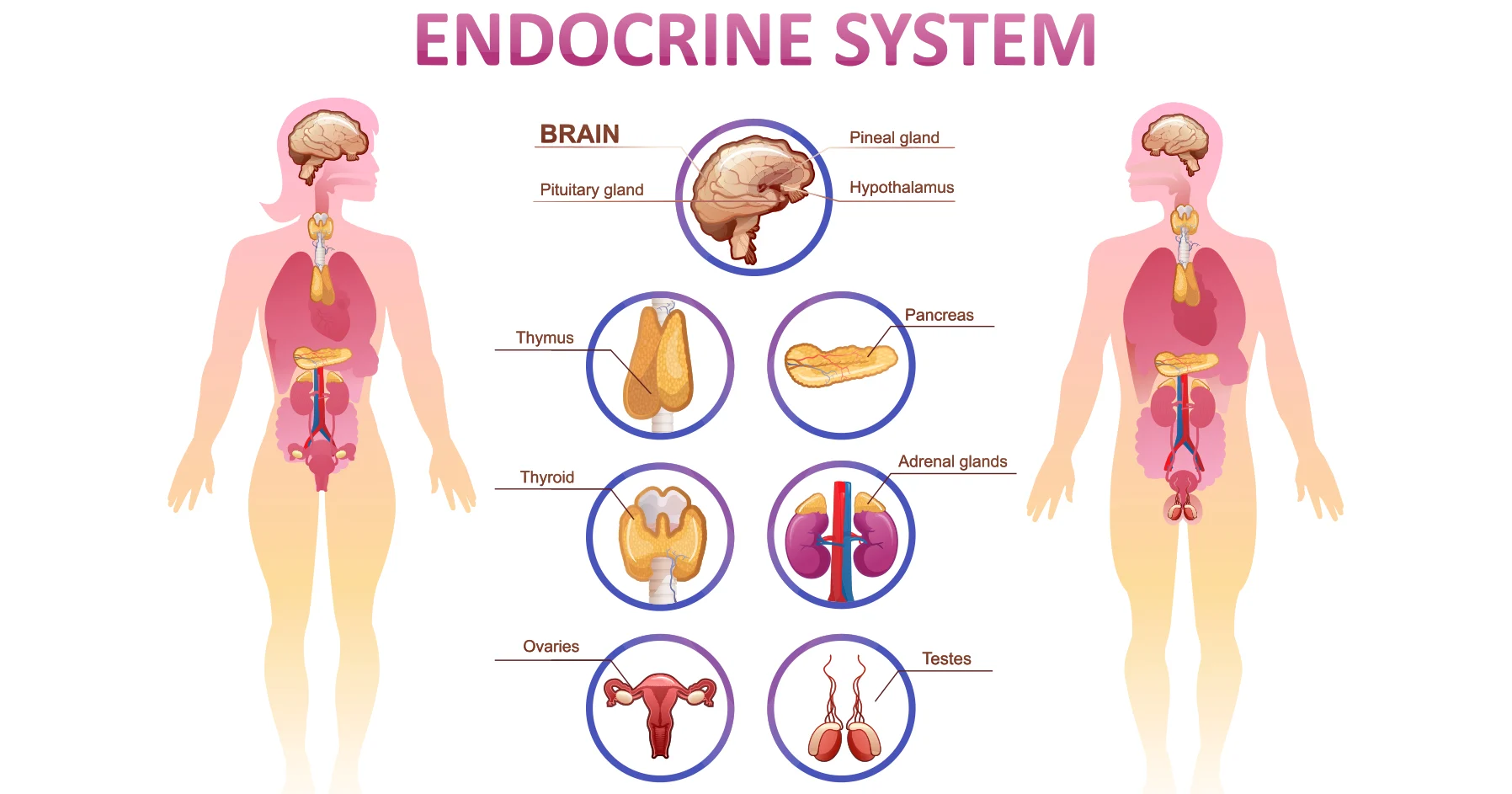Working Time
- Mon-Thu 08:00 – 20:00
Friday 07:00 – 22:00
Saturday 08:00 – 18:00
Contact Info
Ask the Experts

Obesity Disorders
Obesity is a medical condition in which an individual has an excessive amount of body fat, which can lead to a variety of health problems. It is typically defined as having a body mass index (BMI) of 30 or higher.
Obesity is often caused by a combination of genetic, environmental, and behavioral factors. Some people may have a genetic predisposition to obesity, while others may be more likely to become obese due to factors such as unhealthy eating habits, lack of physical activity, or certain medical conditions.
Obesity can increase the risk of developing a range of health complications, including:
- Type 2 diabetes
- Heart disease
- High blood pressure
- Stroke
- Certain types of cancer
- Sleep apnea
- Joint problems
Treatment for obesity typically involves a combination of lifestyle changes, such as following a healthy diet, increasing physical activity, and changing behaviors that contribute to overeating. In some cases, medications or weight loss surgery may also be recommended. It is important for individuals who are overweight or obese to work closely with a healthcare provider to manage their weight and reduce the risk of health complications.
Obesity is a medical condition characterized by excess body fat that increases the risk of health problems. It is typically defined by a body mass index (BMI) of 30 or higher.
Obesity is associated with a range of health risks, including type 2 diabetes, high blood pressure, heart disease, stroke, sleep apnea, certain types of cancer, and osteoarthritis. Obesity can also contribute to mental health issues such as depression and low self-esteem.
Obesity can be treated through lifestyle changes such as diet and exercise, medications, and in some cases, surgery. Lifestyle changes may include reducing calorie intake, increasing physical activity, and behavioral therapy to help patients make healthier choices. Medications can help to suppress appetite or block the absorption of fat. In some cases, weight-loss surgery, such as gastric bypass or laparoscopic sleeve gastrectomy, may be recommended for people with severe obesity. It is important to work with a healthcare provider to develop a personalized treatment plan for obesity.


